'Oriental magic medicine' caters to overseas markets
Updated: 2015-03-13 13:00
By Wang Ying in Shanghai(China Daily USA)
|
||||||||
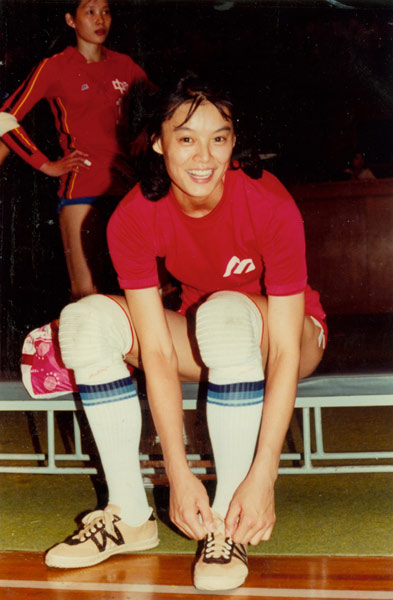 |
|
Zhou Xiaolan, one of China's top female volleyball players in the 1980s, can be seen wearing Warriors in this file photo. |
Only 10 percent of the city's time-honored brands make a profit, and those with the potential to succeed overseas are limited.
There is no recipe for success abroad but brands must be mindful of the markets in which they operate, according to Jiang Weihong, a researcher from the Shanghai Academy of Social Sciences.
Shanghai Zhonghua Pharmaceutical Co Ltd exports its essential balm to over 80 nations and regions. It is promoted as "Oriental magic medicine" and sold mostly under the Dragon and Tiger brand.
However, in certain markets it uses a different name due to cultural considerations, said Ding Jialong, the company's general manager.
"In some foreign cultures, dragons are not considered lucky. Instead they may be perceived as violent or dangerous, so we registered the same product under the Temple of Heaven brand for some places."
White and brown versions of the balm were developed to appeal to different tastes after the company conducted market research overseas in the 1970s.
The ointment is most popular in Africa, with up to 60 percent of exports heading in that direction.
Lao Feng Xiang, a local jewelry brand, hopes to gain broader recognition on foreign shores.
"That has always been our goal," said spokesperson Wang Ensheng. "We expect to raise our annual overseas revenue to 10 billion yuan ($1.6 billion) in three to five years."
The company will open a store in Vancouver soon to bolster its branches in Sydney and New York. Between three and five new stores are expected to open in Hong Kong in 2015. More in the UK and New Zealand are planned.
"Our target customers are China-based foreigners and overseas Chinese. We order different products accordingly in each of our stores, and we are seeing our sales revenue rise," said Wang.
Warrior shoes generated overseas sales revenue of $9.8 million in 2014 by selling 1.5 million pairs, and income from the US market made up almost half of this, or $4.5 million. This year, Warrior hopes to set an export record of $12 million (1.8 million pairs).
But behind the numbers lies the awkward reality that a huge chunk of its overseas sales derive from having its shoes labeled as Vans, Keds, Levi's, Pony or Converse.
Breaking the bottleneck in terms of overseas sales requires figuring out how to promote Chinese culture, said Zhang Yuming, deputy general manager of the company's export division.
Although Warrior is a fairly well-known brand of athletic shoes in China that dates back to 1927, it is new to Western customers.
"First we have to raise awareness of Chinese culture. Then recognition of Chinese brands will follow," Zhang added.
wang_ying@chinadaily.com.cn
- Iraqi forces battle Islamic State for Tikrit on two fronts
- Venezuelans march in solidarity with govt
- Downton Abbey fan Kate Middleton visits set of hit TV show
- UK fantasy author Terry Pratchett dies
- Indian Prime Minister arrives in Sri Lanka on state visit
- Top diplomats set to meet to discuss China, Japan, South Korea summit
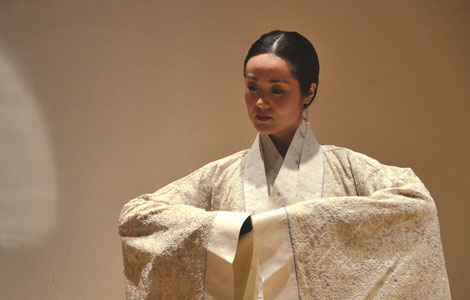
 Across America over the week (from March 6to March 12)
Across America over the week (from March 6to March 12)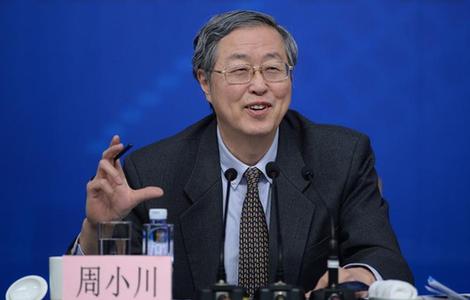
 Money man
Money man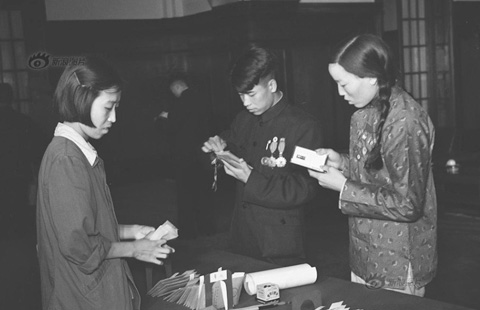
 14 firsts in history of 'two sessions'
14 firsts in history of 'two sessions'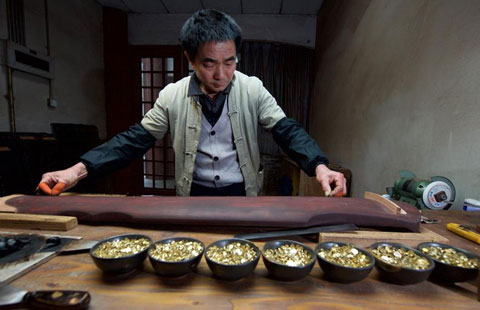
 Zither village: Producer of musical charm
Zither village: Producer of musical charm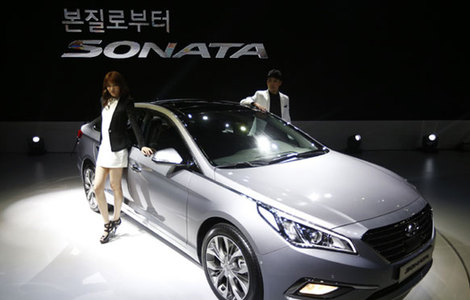
 Top 10 largest new international plants in China
Top 10 largest new international plants in China
 Picturesque scenery of red earth in Yunnan
Picturesque scenery of red earth in Yunnan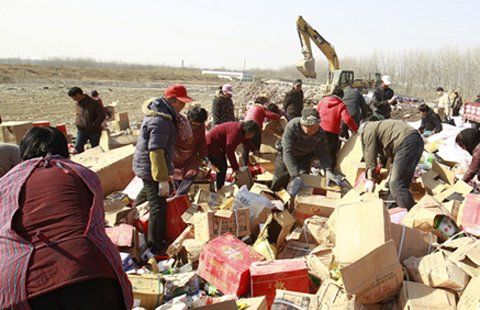
 E China villagers snatch fake goods to be destroyed
E China villagers snatch fake goods to be destroyed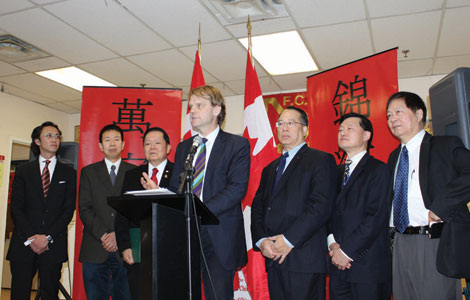
 Across Canada March 13
Across Canada March 13
Most Viewed
Editor's Picks

|

|

|

|

|

|
Today's Top News
China top attendee at investment summit
China has huge growth potential: Experts
72% worry about retirement life
Apple Watch clones surface in China
Nation open to US pivot
Small Chinese firms discovering OTCBB market
Tencent, US firm join on e-books
Strong US dollar impacts world trade
US Weekly

|

|







